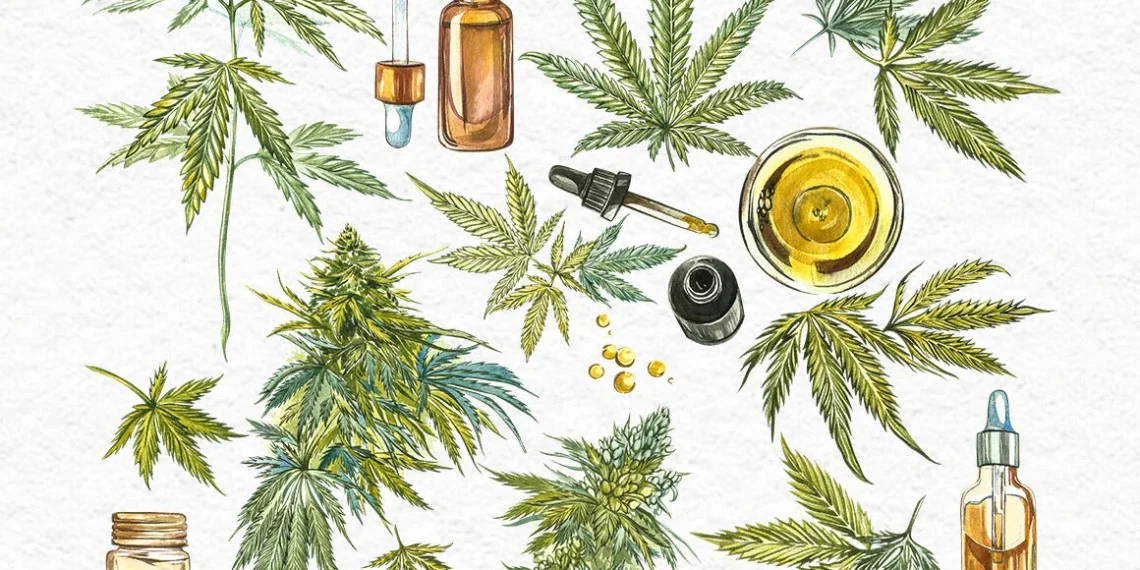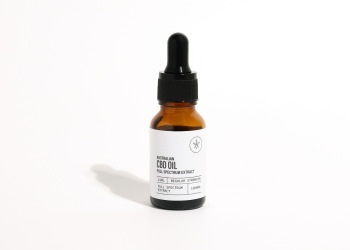CBD oil has gained huge interest in Australia as more people explore natural options for health. Many Aussies wonder if it’s legal, how it works, and if it can help with their conditions.
Medicinal cannabis products, including CBD oil, are regulated in Australia, and patients typically need to talk to their doctor to access them legally.
The rules around CBD oil in Australia can be confusing. While you might see products advertised online, only certain cannabis medicines are approved by the TGA for specific conditions.
It’s important to know that CBD products sold in chemists must meet strict regulations, while online purchases could contain anything.
Many Australians are curious about CBD’s potential benefits for pain, anxiety, and other health issues.
Research is still developing, but medicinal cannabis might help relieve symptoms for certain medical conditions.
The landscape is changing quickly, so staying informed about the latest developments is essential for anyone interested in this treatment option.
Legality of CBD Oil in Australia

The rules around CBD oil in Australia have changed in recent years. Medical cannabis products, including CBD oil, are now legally available but with certain restrictions that vary by state and territory.
Prescription Requirements
In Australia, medical cannabis has been legal since 2016, including CBD products. Most CBD oil products are classified as Schedule 4 medicines, meaning you need a doctor’s prescription to access them legally.
To get CBD oil, patients need to consult with a GP who can either prescribe it directly or refer them to a specialist.
The doctor must believe CBD will help the patient’s condition and get approval through the Special Access Scheme or become an Authorised Prescriber.
While the Therapeutic Goods Administration (TGA) down-scheduled certain low-dose CBD products to Schedule 3 in 2021, making them theoretically available over the counter, there’s a catch.
No products have yet been approved for the Australian Register of Therapeutic Goods that meet these requirements.
Legal Possession Limits
The legal amount of CBD oil you can possess depends on having a valid prescription and following state regulations.
Without a prescription, possessing any amount of CBD oil containing more than trace amounts of cannabinoids remains illegal in most states.
For prescription holders, the amount you can legally possess is typically limited to a 30-day supply as prescribed by your doctor. This limit helps prevent misuse while ensuring patients have adequate treatment supplies.
It’s important to note that growing cannabis for personal use remains illegal across Australia, with the exception of the Australian Capital Territory (ACT).
Even with a prescription, cultivating your own plants could result in criminal charges in most states.
Laws are slightly different in each state and territory, so it’s crucial to check local regulations before travelling with CBD oil, even with a valid prescription.
Potential Health Benefits and Uses
CBD oil offers several health benefits that many Australians seek for managing various conditions.
Research has shown promising results across different health areas, though individual responses can vary.
Pain Management
CBD has gained popularity for its potential to relieve pain.
Many people use it for chronic pain conditions like arthritis, fibromyalgia, and back pain. The compound works by interacting with the body’s endocannabinoid system, which helps regulate pain signals.
Some studies suggest CBD might reduce inflammation, which often contributes to pain. This anti-inflammatory property makes it attractive for people dealing with inflammatory conditions.
In Australia, many patients report improvements in their pain levels after using CBD products.
The Therapeutic Goods Administration (TGA) acknowledges that CBD may be useful in pain management, though more research is still needed.
Unlike opioid pain medications, CBD doesn’t appear to cause physical dependence or serious side effects for most users. This makes it appealing for long-term pain management needs.
Anxiety and Depression
CBD shows promise for managing symptoms related to mental health conditions.
It may help reduce anxiety and stress levels in some people.
Studies indicate CBD might interact with serotonin receptors in the brain, which play a role in mood regulation. This interaction could explain why some users report feeling calmer after taking CBD oil.
The TGA notes that CBD may have anxiolytic properties (anxiety-reducing effects). This has led many Australians with anxiety disorders to explore CBD as an option.
Triple J reported that many young Aussies are turning to CBD for anxiety management.
Users often describe feeling more balanced and less overwhelmed by stress triggers.
Unlike some psychiatric medications, CBD typically doesn’t cause significant drowsiness or cognitive impairment when used appropriately.
Sleep Disorders
Sleep problems affect millions of Australians, and CBD might offer a natural alternative to traditional sleep medications.
Many users report improved sleep quality after taking CBD regularly.
The compound may help by addressing underlying causes of sleep disruption such as anxiety or pain. By calming the mind and body, CBD could help create conditions more favourable for restful sleep.
Some Australian CBD users take smaller doses during the day for anxiety and larger doses at night to help with sleep.
The effects typically aren’t as strong as prescription sleep aids, which many consider a benefit.
Unlike some sleep medications, CBD doesn’t appear to cause grogginess the next day for most people.
The cost for CBD sleep products in Australia typically ranges from $70-150 AUD, depending on concentration and quality.
Chronic Conditions
CBD is being studied for its potential in managing symptoms of various chronic conditions.
Research suggests it may help with seizure disorders, with one CBD medication already approved for certain forms of epilepsy.
For patients with multiple sclerosis, CBD might help with muscle spasticity and pain.
Some Australian MS patients report improvements in mobility and comfort with regular use.
CBD has also shown promise for cancer-related symptoms like nausea and vomiting, particularly those caused by chemotherapy.
It might also help stimulate appetite in patients experiencing treatment-related appetite loss.
Australian researchers are currently conducting studies on CBD’s potential for neurodegenerative conditions like Parkinson’s disease.
While results are preliminary, there’s interest in CBD’s possible neuroprotective properties.
How to Safely Purchase and Use CBD Oil
Navigating the CBD market in Australia requires caution and knowledge to ensure you’re getting quality products and using them correctly.
Finding Reputable Suppliers
When looking for CBD oil in Australia, it’s important to choose suppliers who follow proper regulatory standards.
Legitimate companies will have proper licensing and will only sell to customers with valid prescriptions. The CBD market has grown rapidly, but not all suppliers maintain high standards.
Look for Australian-made CBD products that provide certificates of analysis from independent laboratories. These certificates confirm what’s actually in the product and whether it contains any harmful contaminants.
Reviews from other customers can be helpful, but take them with a grain of salt. Some companies might post fake reviews.
Instead, check if the company has been around for a while and if they’re transparent about their sourcing and manufacturing processes.
Ask your doctor for recommendations of trusted suppliers. Many reputable companies work directly with healthcare providers.
Understanding Product Labels
CBD product labels can be confusing but understanding them is crucial.
Labels should clearly indicate the CBD concentration, usually in milligrams (mg) per bottle and per dose.
For example, a 15ml bottle might contain 1000mg of CBD, making it a relatively potent product.
Look for information about whether the product is full-spectrum, broad-spectrum, or CBD isolate. Full-spectrum contains all cannabis compounds including trace amounts of THC. Broad-spectrum has various compounds but no THC. CBD isolate contains only CBD.
The label should also indicate extraction methods. CO2 extraction is considered the gold standard as it creates purer products without chemical residues.
Check for warning labels, storage instructions, and expiry dates. Any reputable company will include batch numbers for quality control purposes.
Dosage and Administration
CBD dosage varies widely depending on individual factors like body weight, metabolism, condition being treated, and product concentration.
Most people should start with a low dose (5-10mg) and increase gradually until they find what works.
The most common methods of taking CBD oil include:
Sublingual: Place drops under the tongue and hold for 60-90 seconds before swallowing. This allows for faster absorption into the bloodstream.
Oral ingestion: Swallowing CBD oil directly or mixing it with food or drinks. This method takes longer to feel effects but may last longer.
Topical application: Some CBD products can be applied directly to the skin for localised relief.
Keep a journal to track your dosage, timing, and effects.
This helps identify the optimal amount for your needs.
Remember that CBD can interact with certain medications, so always discuss usage with a healthcare provider before starting.







